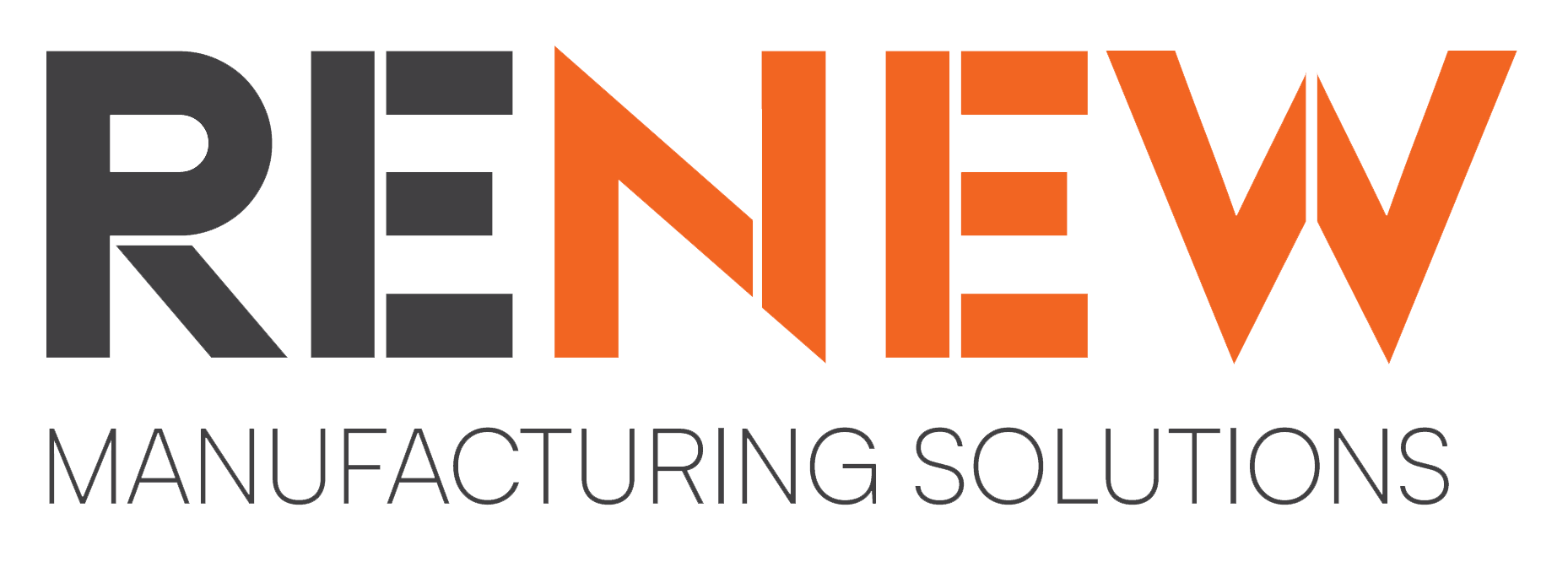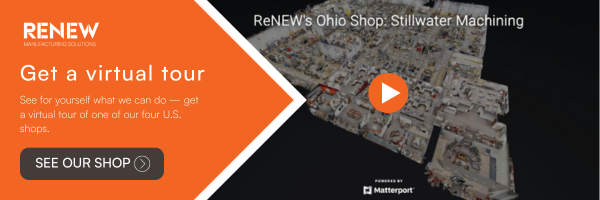Understanding Your Ideal Customer Profile: The Key To Success in Custom Parts Manufacturing

Nearly every industry requires machined or fabricated parts—but no matter your size or production capacity, you can’t be everything to everyone. To succeed, you need to understand where your strengths lie, as well as the industries and customer types you can best serve.
In short, you need to understand your ideal customer profile (ICP).
We serve companies across numerous industries, but each of those companies fits what we’ve defined as our ideal customer profile. Determining an ICP takes a lot of deep thought and self-evaluation, but knowing which companies are a great fit and which are not can be the key to your growth and success.
We want to share a bit of what we learned to help other manufacturers find their path.
Why Knowing Your ICP is Essential in Custom Parts Manufacturing
Knowing what your ideal customer looks like is perhaps the most essential component of growing your custom parts manufacturing business. If you don’t know your ICP and instead pursue every opportunity, you’ll waste a lot of time and money going after the wrong types of customers.
But more than that, you may simply not be able to service non-ICP accounts well. Not only will this result in customer churn, but it could also be disruptive to your existing operations and detract from your overall efficiency.
By determining your ideal customer profile, you can focus your efforts on partnering with the customers and industries that are well-suited to your capabilities and services.
This helps you set your business up for success.
When Determining Your ICP, Self-Evaluation Comes First
When you think about who your ideal customers are, there are a variety of things you need to consider.
But first, you need to understand your own capabilities:
- Manufacturing processes you offer
- Materials you have worked with
- Tolerances you can achieve
- Production volumes you can support
- Certifications you hold
As you evaluate your capabilities and determine where your strengths lie, you can begin determining your ideal customer profile.
Evaluating Your ICP: Who Are My Ideal Customers?
With the sheer number of businesses that require contract manufacturing services, it can be challenging to determine which ones are the right fit for your capacity and capabilities. There are a few key factors to consider.
Industry Sector
Knowing what industries you can best serve is a crucial step in identifying customers who fit your ICP. Many industries require their suppliers to have specific certifications, notably the aerospace and defense industries, which typically require AS9100 certification or ITAR compliance.
If you lack these credentials, the wise choice is to pursue companies within other industries. Alternatively, another option is to subcontract for manufacturers that have these certifications until you have acquired them yourself.
Company Size
A company’s size—measured in terms of both employee headcount and revenue—is also a factor to consider.
If you’re a small-to-mid-size shop with limited production capacity, pursuing an OEM parts manufacturer or other large company may not be the best use of your time.
Not only will it be hard to get in front of the right decision-makers, but you may also struggle to meet their volume requirements or provide the certifications and process documentation they expect from their suppliers.
Similarly, if you’re a large manufacturer, you likely don’t want to spend time producing one-off parts or doing low-volume production for a small company. Small companies often have unpredictable demand and require more flexibility from their manufacturing partners than many large manufacturers can provide.
Location and Proximity to Your Facility
Location is an important consideration for your ICP. Shipping parts, particularly large assemblies, can be expensive.
If you’re a small manufacturer, working with customers close to your shop or within your region is often ideal. Shipping costs will be competitive for your potential customers. And you can provide the personalized service that sets you apart from other shops.
However, if you specialize in manufacturing small, lightweight parts, distance may be less of a factor.
For large manufacturers, the weight you place on proximity often depends on the types of parts you manufacture. And if you’re operating at a global scale, you’ll need to consider other factors: the cost of production across multiple markets, longer transit times, and import/export fees such as tariffs.
Manufacturing Needs
When determining your ICP, considering the company’s manufacturing needs is essential. In looking at a company’s needs, you should evaluate:
- It's in-house custom parts manufacturing capabilities
- The types of parts its products require
- The processes required to manufacture those parts
- The materials it regularly relies on
- Its demand and volume requirements
If these factors don’t align well with your capabilities and expertise, it’s probably not a good fit.
Knowing Your ICP Benefits Your Customers, Too
In high-mix, low-volume manufacturing, you gain efficiency by focusing on similar projects. This benefits not only your business, but also your customers.
When taking on a new project that fits within your ICP, you don’t have to learn a new industry, unfamiliar materials, or new part types. Similarly, you’re likely already familiar with the required tolerances, callouts, and other specs.
All of this translates to better quality parts, shorter lead times, and lower costs—wins for everyone involved.
Our ICP at ReNEW Manufacturing Solutions
With our large production capacity, extensive range of capabilities, and multiple locations, our ideal customer profile is broad. But that’s intentional—that’s what we’re built for, to provide companies across industries with a wide range of precision manufacturing services.
As a high-mix, low-volume manufacturing partner, we look to build partnerships with OEMs and other large companies that require custom metal parts regularly.
This allows us to achieve lower costs and lead times through increased efficiency and by leveraging economies of scale, and ultimately results in high-quality, cost-effective parts.
If you’re looking for a build-to-print contract manufacturing partner with expertise in precision CNC machining and custom metal fabrication, contact our team to discuss your needs or upload your part files and request a quote today.




